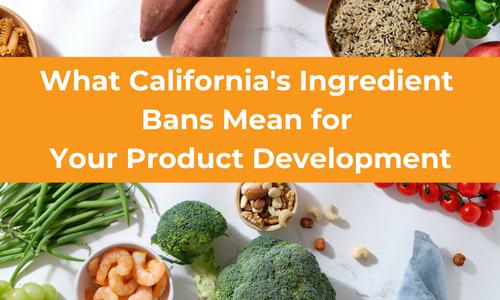
Plant-Based Proteins Overview
Plant-based proteins have become incredibly popular as more people look for food options that are better for their health, the environment, and animal welfare. Today, these products are no longer a niche market but a mainstream choice, appearing in grocery stores and on restaurant menus everywhere. Let’s look at how plant-based proteins are evolving and the science behind making them taste and feel like traditional meat and dairy.
Expanding Protein Sources and Functions
Plant-based food makers are using a wider variety of protein sources, like soy, chickpeas, mung beans, and peas. Each of these plants has different benefits, and some work better in certain foods than others. Soy and wheat gluten are classics that have been used for decades, but newer proteins like chickpea and mung bean are gaining popularity. These ingredients allow for more food options, such as gluten-free products, and can mimic meat textures well.
New Techniques for Better Taste and Texture
One of the biggest challenges in plant-based protein is making it taste and feel like meat or dairy. Scientists and food developers use special methods to make these proteins work better in food:
Flavor Removal: Some plant proteins have strong tastes (like the “beany” flavor in chickpeas), so companies use processes to remove or reduce these flavors.
Texturizing: To create a meat-like texture, companies use processes like extrusion, which gives plant proteins a fibrous, chewy structure that works well in products like burgers.
Enzymes: Adding enzymes can make plant proteins bind better, which helps improve texture and stability.
Overcoming Common Challenges
Plant-based proteins come with some obstacles. Off-flavors, tricky textures, and a shorter shelf life can make it challenging to create foods that people love. Flavor masking, texture adjustment, and processing improvements help reduce these issues, leading to products that taste better, last longer, and feel more like animal-based foods.
Why Plant-Based Proteins Matter for the Planet
Switching to plant-based proteins can have big benefits for the environment. Compared to animal farming, growing plants for protein uses less water and produces fewer greenhouse gases. Many companies focus on sourcing ingredients responsibly and lowering their carbon footprint to meet growing consumer demand for environmentally friendly products.

Growing Market Demand and Consumer Trends
Today’s consumers care about what goes into their food and prefer natural, “clean-label” ingredients. The market for plant-based proteins has grown quickly, and companies are now offering a wider range of products—from plant-based burgers and milk to seafood and cheese alternatives. The global appeal of plant-based foods means that the trend is expanding beyond the U.S., with new interest in countries around the world.
The Role of Research and Companies Like CuliNex
Companies like CuliNex are leading the way in making plant-based foods better. They work with clients to develop plant-based foods that have the right taste, texture, and sustainability impact. As Julia Thompson, Culinologist III at CuliNex, says in Food Processing, "The first thing we consider when formulating a plant-based burger is the texture and bite of the plant-based protein." This commitment to texture and bite is helping brands stay competitive in the fast-evolving plant-based market.
The Future of Plant-Based Proteins
The plant-based protein industry is making rapid progress, with better flavors, improved textures, and longer shelf lives. These advancements mean that plant-based foods can appeal to a broader audience, from vegetarians to flexitarians who still enjoy meat. As research continues and companies keep innovating, the future of plant-based proteins looks promising, offering tasty and sustainable choices for everyone.
Partner with CuliNex to bring the best plant-based innovations to life. From taste to texture to sustainability, we’re here to help you create products that meet consumer demand and make a positive impact. Contact us today to start developing the next big thing in plant-based foods!








